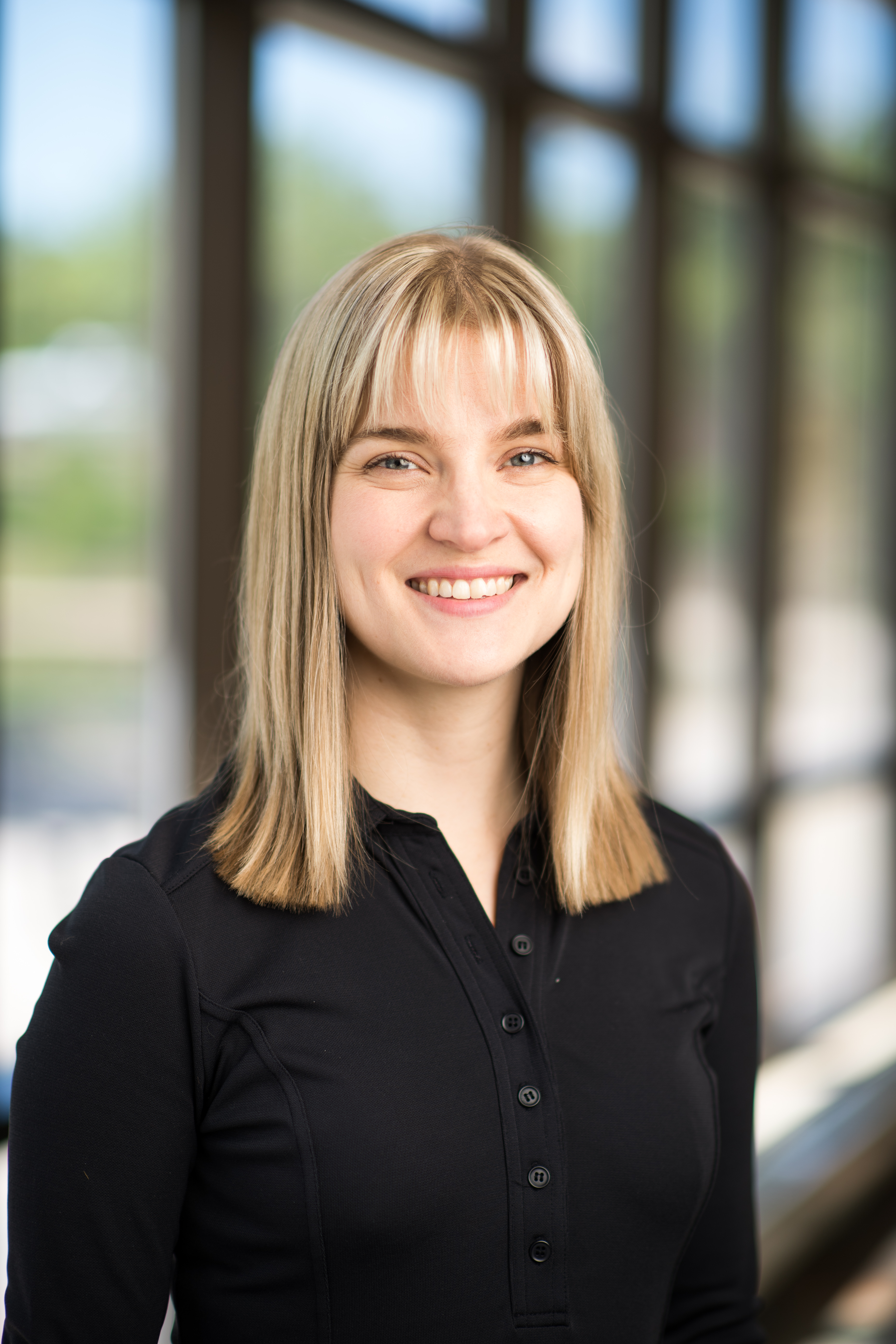
Aislinn Williams, 5th Year Resident, Department of Psychiatry
Researcher in the Prechter Bipolar Research Team, working with Dr. Sue O’Shea on iPSC (stem cell) models of bipolar disorder
Medical School: University of Iowa (2010)
Why did you choose Michigan?
I spent middle and high school in Ann Arbor, and then traveled widely for the rest of my education. I ended up choosing the University of Michigan not so much because it was home, but because it had the strongest clinical and research training programs. I searched widely for the best program, and U-M had it.
What is your current focus?
I work with the Prechter Bipolar Research team, working with induced pluripotent stem cells. We take skin samples from research participants and reprogram them into stem cells. We then differentiate these stem cells into cell types that we think are important for mental illness. My interest is in the ways that neurons communicate with each other, and how that goes awry in mental illness.
Has anyone or anything in particular inspired you?
There are a lot of people who contributed to my science training and may or may not know they inspired me. My fourth grade teacher taught me that science could be interesting, fun and engaging. Also, my graduate mentor, Henry Paulson, MD, PhD does basic research that is clinically informed. That is the model I hope to follow as I feel it helps ensure that the research one does is clinically relevant to the patients you want to help. Dr. Paulson has been a great ongoing mentor and inspiration.
What is most rewarding about your work?
I enjoy that I get to think about the problems I am interested in from every possible perspective. I am able to listen to what is important and relevant to my patients. Their experiences heavily influence our research decisions. It is amazing that we are able to take action to try to provide the answers to the questions they have. We truly take what patients say to heart, try to understand their experiences, and then get into the lab to try to address those problems scientifically.
What have you learned that surprised you?
I always understood that psychotherapy was an important part of treatment for psychiatric disorders, but I was very impressed by depth and breadth of therapy training here, and how much opportunity I have to learn therapy with my patients. I have the ability to block my time so I can administer the treatment they need with excellent supervision from the faculty. Mentoring at Michigan is amazing. All of my mentors have been very involved and invested in my success.
What directions do you see for your career?
I am very invested in basic science research. I hope that over the next couple of years I am able to develop my own research projects. They will be influenced by everyone who has mentored me and guided me to the position I am in today. I hope to one day have my own lab and still see patients, because the experiences of people with mental illness are ultimately what motivates me to do research.
